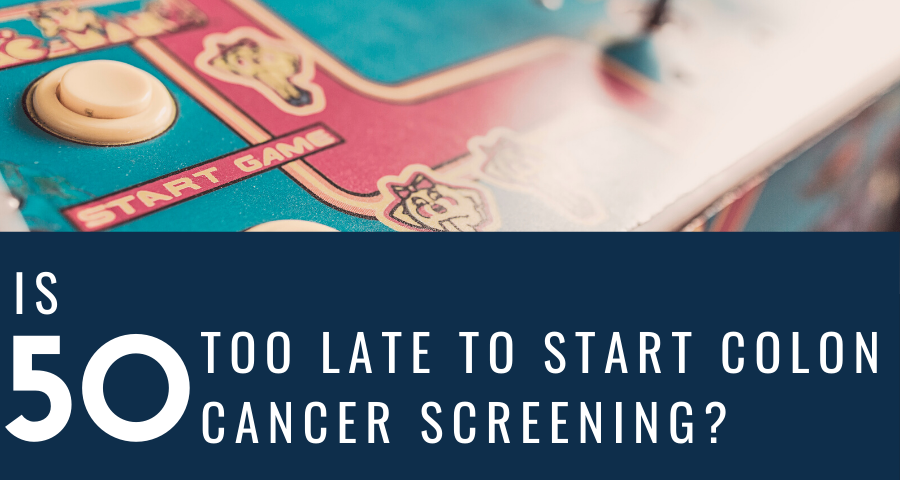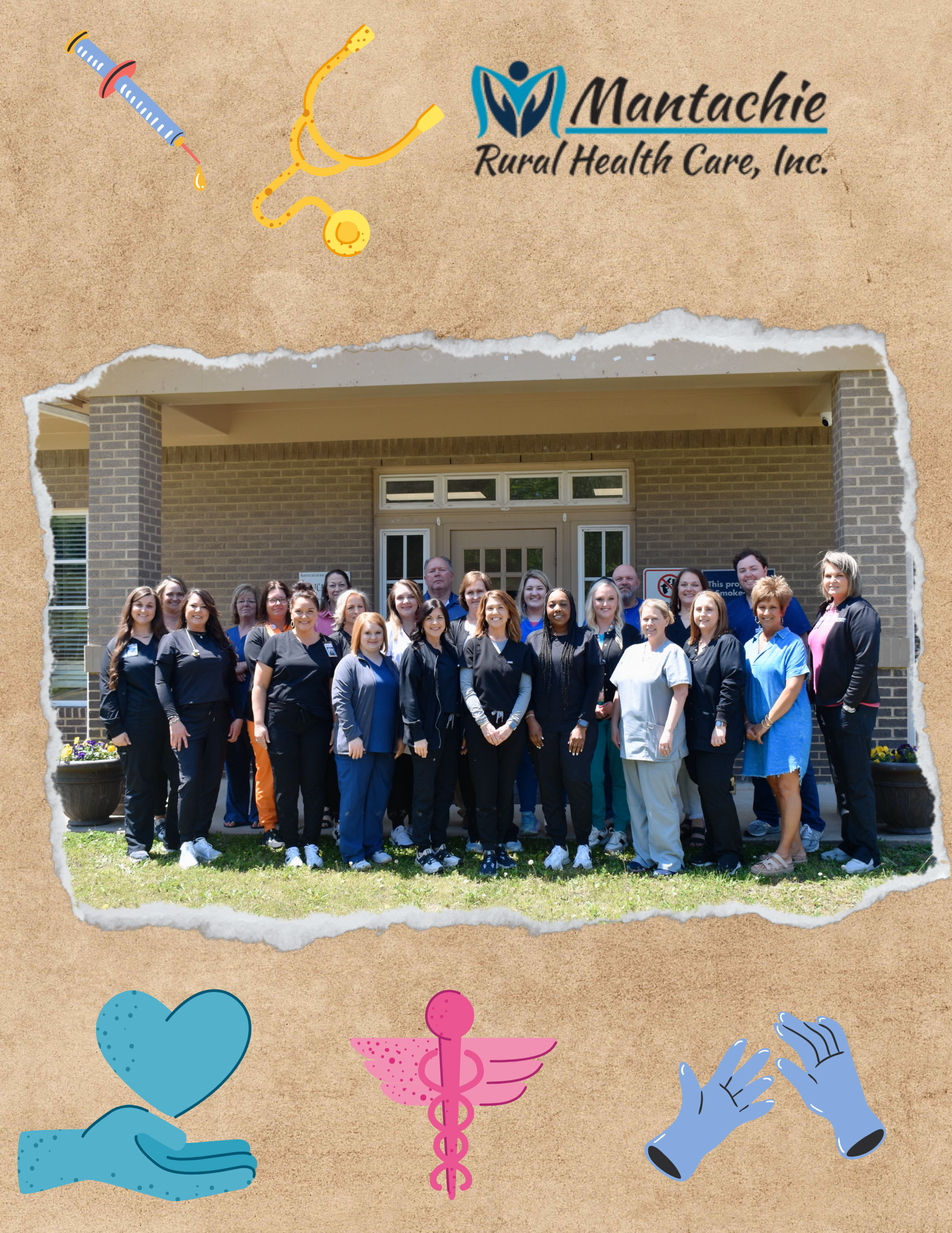
Colonoscopy. It’s a rite-of-passage for 50-year-olds that supplies an endless array of memes, birthday cards, and jokes. All jokes aside, the recommended testing often identifies colon cancer long before symptoms start, in stages where it is most easily and successfully treated. Some oncologists suggest reducing the age of colon cancer screening to 45 instead of 50.
Why Test Early?
Sharon Osbourne, wife of legendary rocker Ozzy Osbourne was 49 when she was diagnosed with cancer in 2003. She’s not alone. For years, colon cancer was mostly diagnosed in people over the age of 50. A recent deep analysis by the American Cancer Society found a rising number of colon cancer diagnoses in people between 45 and 50.
Colonoscopies find polyps and detect cancer often before a patient has any symptoms. Early-stage cancer is easier to treat and responds more effectively to treatment.
Your Less Invasive Testing Options
While colonoscopies are the standard in diagnosing colon cancer, they are expensive and invasive. Our clinic offers stool-based screenings such as Fecal immunochemical test (FIT), Buaiac-based fecal occult blood test (gFOBT), Stool DNA test. (Click here to learn more about these tests.)
The American Cancer Society updated its recommendations in May 2018, but the US Preventative Services Task Force which oversees federal guidelines hasn’t updated its recommendations. This means insurance may not pay for your screening before you turn 50 unless you’re experiencing symptoms or fall into a high-risk group. Another reason to consider the less expensive stool-based screenings.
Risk Factors
Screening recommendations are based on average-risk patients. If any of the following statements apply to you, it’s recommended that you start colon cancer screenings even earlier.
- A strong family history of colorectal cancer or certain types of polyps
- A personal history of colorectal cancer or certain types of polyps
- A personal history of inflammatory bowel disease (ulcerative colitis or Crohn’s disease)
- A known family history of a hereditary colorectal cancer syndrome such as familial adenomatous polyposis (FAP) or Lynch syndrome (also known as hereditary non-polyposis colon cancer or HNPCC)
- A personal history of radiation to the abdomen (belly) or pelvic area to treat a prior cancer
Start Here
If you’re 45 or older and have never had a colon cancer screening or you are at higher than average risk for colon cancer, it’s time to make an appointment with your medical care provider. Together you can make decisions about the right screenings for you. Screening for cancer sounds scary, but not screening won’t make any bad news go away and early treatment often gives you many more years of life ahead.





Speak Your Mind